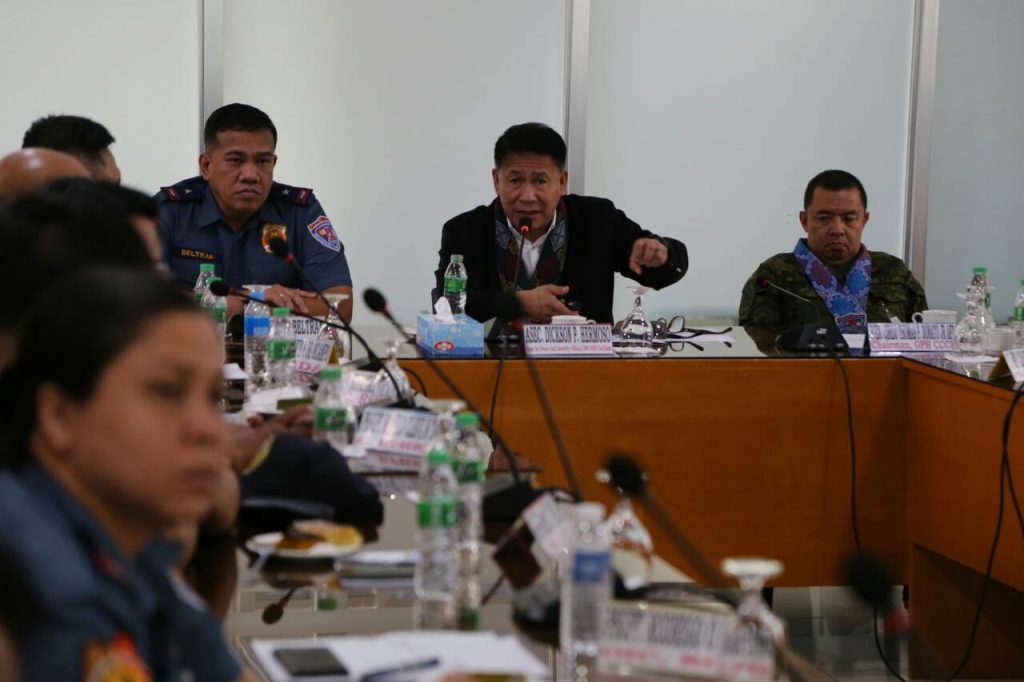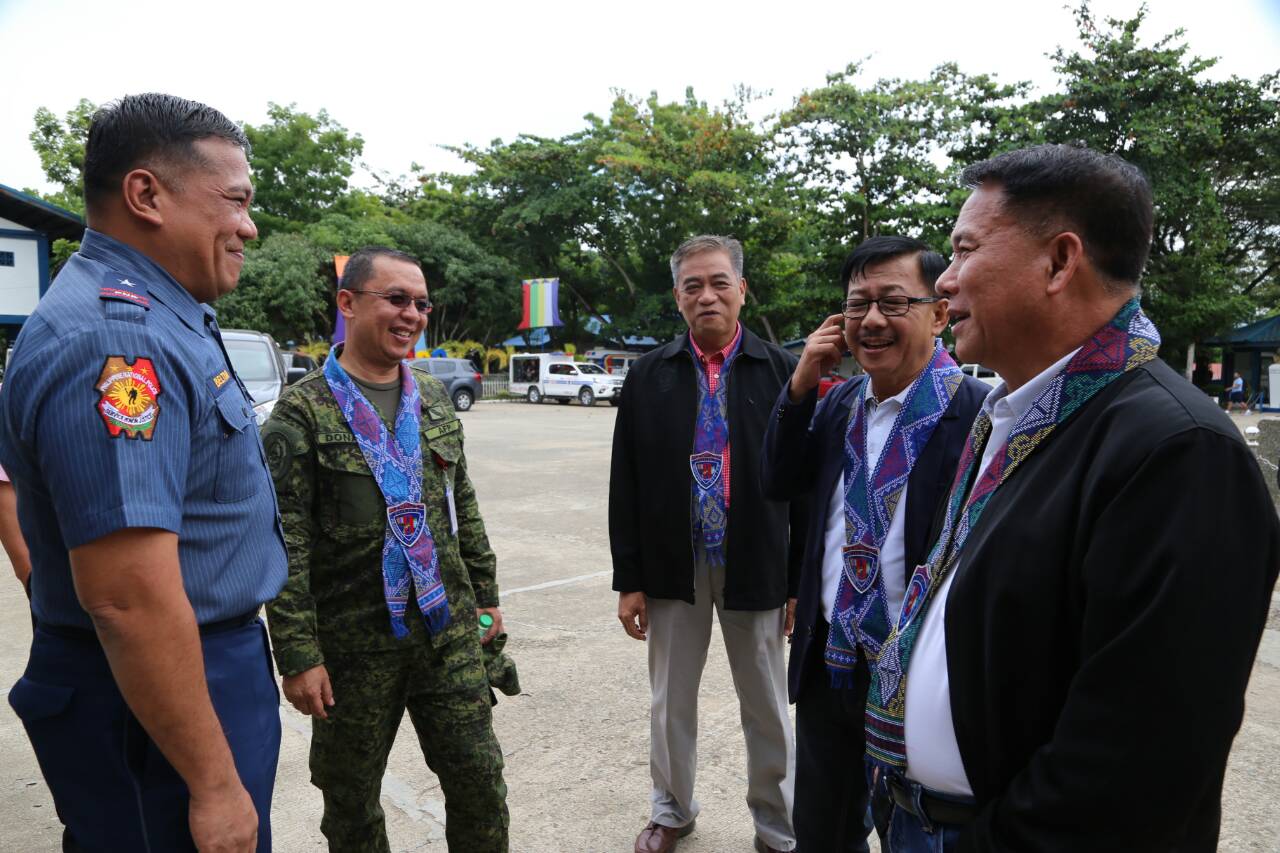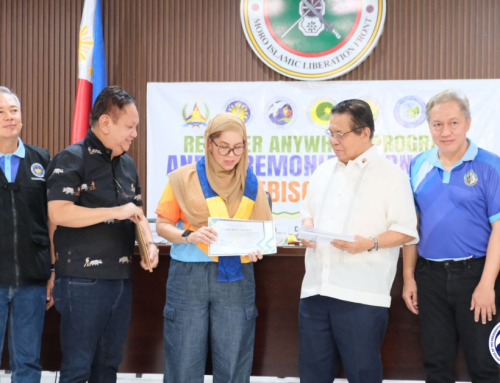ZAMBOANGA CITY, August 18, 2018 – A top police official here attributed the reduction in the crime rate in the Zamboanga Peninsula to the success of the peace process in Mindanao.
“The prevailing good peace and order situation in Zamboanga Peninsula is a result of the positive effects of the peace process,” Zamboanga Peninsula Police regional director Chief Superintendent Billy Beltran said during the visit of the Joint Normalization Committee (JNC) of the Philippine Government and the Moro Islamic Liberation Front (MILF) on Thursday here.
Beltran said threats from Moro revolutionary groups have been drastically reduced because of the developments in the Bangsamoro peace process, particularly with the recent signing of the Bangsamoro Organic Law (BOL) by President Rodrigo Duterte.
He noted that since the peace process made substantial progress, the cities and provinces in the Zamboanga Peninsula have not recorded any incident of bombings and other serious terror attacks.
“There’s a downtrend crime rate in the region,” Beltran said.
Zamboanga Peninsula Region covers the provinces of Zamboanga del Norte, Zamboanga del Sur, and Zamboanga Sibugay, along with the chartered cities of Zamboanga City and Isabela City in the island province of Basilan.
“Mindanao has so much potential and promise, and this all depends on the success of the peace process,” Beltran said.
Sustaining the gains of peace is one of the primary reasons of the JNC’s visit in the Police Regional Headquarters here, said JNC co-chair Dickson Hermoso, Assistant Secretary for Peace and Security Affairs of the Office of the Presidential Adviser on the Peace Process (OPAPP) and member of the GPH-MILF Implementing Panel.

“We no longer consider the MILF as our counterparts but as our partners. With the passage of the BOL there’s a strong hope ahead of us,” Hermoso said of the relationship between the government and the MILF.
He said the visit is also part of the JNC’s mission to touch base and coordinate with key military and police headquarters in Mindanao as a move to prepare the parties to embark on the Normalization Track of the Comprehensive Agreement of the Bangsamoro (CAB).
One of the annexes in the peace deal, the Normalization Track includes the decommissioning of MILF fighters, turning in of weapons, and the setting up of a composite security team.
All this is to support peace and security work during the transition period before the formal establishment of the government of the Bangsamoro Autonomous Region in Muslim Mindanao in 2022 following the recent enactment of the BOL.
“There is a need to closely coordinate with the Armed Forces of the Philippines and Philippine National Police units on the ground to effectively implement and carry out the phases and activities under the Normalization program,” Hermoso said.
The Normalization Track will be done in four phases involving four aspects covering eight dimensions, which include the disbandment of private armed groups, provision of socio-economic programs for the combatants and their communities, and transitional justice and reconciliation.
Sammy Al Mansour, chief of staff of the MILF’s Bangsamoro Islamic Armed Forces, said normalization and peace are inseparable.
“If there is normalization, there is peace. If there is no normalization, there will be no peace. So this is a challenge to all of us because we have to normalize the situation in order to have peace,” he said.
AFP Peace and Development Office chief Colonel Cesar de Mesa reiterated the need for the government security forces, MILF-BIAF, communities, and other peace partners to work hand-in-hand to ensure the success of the peace process.
“We have to support it and give it a chance. We worked and fought hard for it for decades, and now we have succeeded,” he said.
The team also visited the Western Mindanao Command and has made the rounds in other military and PNP camps in the Autonomous Region in Muslim Mindanao and Central Mindanao. ###












